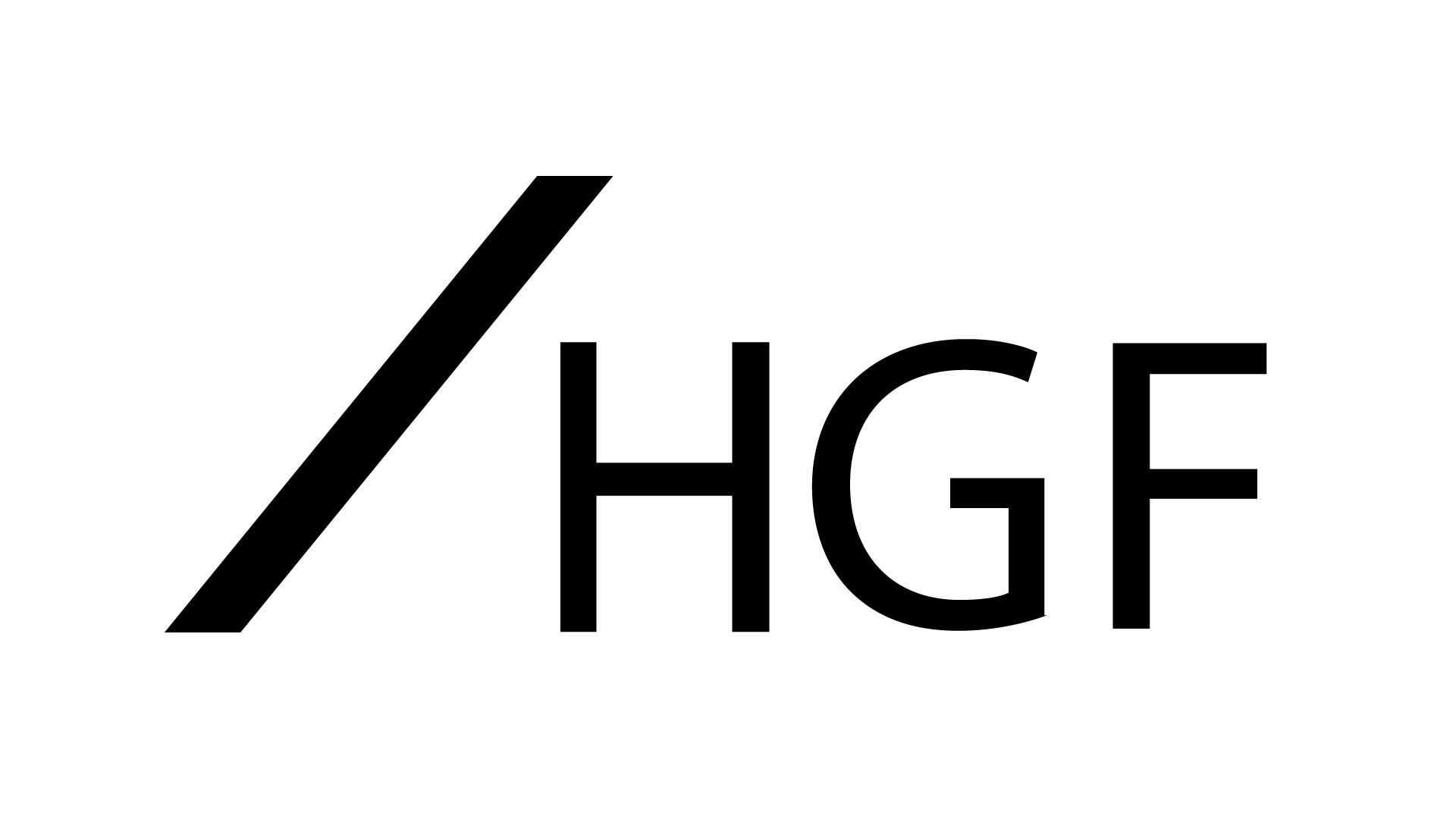Neuigkeiten
Test for obviousness for dosage patents clarified by the Supreme Court
März 2019
Actavis Group PTC & ors (Respondents) v ICOS Corporation & anor (Appellants), Lady Hale, Lord Kerr, Lord Sumption, Lord Hodge & Lord Briggs, [2019] UKSC 15, 27 March 2019.
In a unanimous Judgment, the Supreme Court has upheld the Court of Appeal’s Judgment finding ICOS’ dosage regime patent for tadalafil obvious. The Judge had not erred in law but had erred in principle in his evaluation of the facts and consideration of the weight of different factors in the context of applying the legal standard of obviousness.
The target of the skilled team would have been to ascertain the appropriate dose through familiar and routine testing. On the facts, having found a therapeutic plateau, the skilled team would be very likely to test the lower doses and so identify the dosage regime which was the subject matter of the patent. The unexpected reduction in side effects was a bonus and did not affect the fact that the 5mg dose was obvious.
The Supreme Court made it clear, that it remained the case that the product of well-established or routine enquiries can be inventive. Furthermore, selection or improvement patents can also be inventive where they make a real, novel and non-obvious technical advance.
Background
The dosage patent (EP(UK)1,173,181) claimed the use of tadalafil in a particular dosage regime (no more than 5mg per day) for the treatment of erectile dysfunction. Tadalafil (Cialis) was a second in class pharmaceutical, operating in essentially the same way as the blockbuster drug Viagra but with a better side-effect profile. The prior art patent (Daugan) disclosed tadalafil’s therapeutic use, potency and a wide dosage range. The obviousness dispute in the case had focused on what the skilled team would do taking Daugan forward in Phase IIb of clinical research. Phase IIb is conducted after safety studies (Phase I) and proof of concept (Phase IIa) studies have been carried out and aims to test a range of doses to show the effect of each dose. Based on the expert evidence, the Judge found that it was “very likely” the skilled team would investigate the 5mg dose. Indeed, Lilly’s expert stated it was a “no brainer” to test the lower dose having discovered tadalafil’s therapeutic plateau.
The Court of Appeal did not reverse any of Birss J’s findings of primary facts but did reverse his finding of non-obviousness on those facts. ICOS’ appeal raised two issues: first related to the application of the obviousness test to a dosage patent and second whether the Court of Appeal was entitled to reverse the judgment of Birss J on the question of obviousness.
The Judgment
Lord Hodge gave the leading Judgment. In reviewing the legal approach to the question of obviousness for dosage patents, Lord Hodge noted that there was a balance or symmetry that underpinned patent law, which provided that the extent of the patent monopoly should correspond to and be justified by the technical contribution to the art. This was acknowledged both in English patent law and European Patent Office (EPO) case law. Lord Hodge rejected ICOS’ submission that the Court of Appeal’s approach conflicted with the problem-and-solution approach used by the EPO. The Windsurfing/Pozzoli questions utilised in the English Courts and the problem-and-solution approach adopted by the EPO were both glosses on the statutory test for inventive step and neither should be approached in a mechanistic way.
The Court of Appeal had been entitled to treat the Judge’s failure to appreciate the logical consequences of his finding that it was “very likely” that the skilled team would continue dose testing for the claimed dose, as an error of principle. The central finding that the skilled team would continue dose testing undermined several of the factors which the Judge placed in the balance in his finding of non-obviousness. This included the fact that the 5mg dose was considerably less than the 50mg dose which would have been used in Phase IIa, as Phase IIb tests were carried out for a different purpose – to identify the dose response relationship. Furthermore, factors such as a lack of expectation of success, value judgment to be made on identification of the therapeutic plateau, or surprising effectiveness at the lower dose would carry little weight given the central finding.
In this case, the skilled team was engaged in the familiar and routine testing of a drug to establish the appropriate dosage regime in light of the prior art. In Lord Hodge’s view, the target was never in doubt and it was obvious to embark on that exercise until an appropriate dose was ascertained. The fact that the 5mg dose was both effective and showed reduced side-effects, did not prevent the identification of the 5mg dose being obvious.
Conclusion
This was an unusual case, where the Judge’s error of principle was not in law but in the application of his factual findings to the legal standard of obviousness. While the Supreme Court’s Judgment confirmed the Court of Appeal’s finding that the tadalafil dosage regime patent was obvious, it also sought to assuage the fears of the pharmaceutical industry that dosage or improvement patents which arose in the context of routine research could not be patentable. There was no policy reason why a novel and inventive dosage regime should not be rewarded by a patent. However, the Supreme Court reiterated that the underlying bargain for the grant of a patent is that it meets the statutory tests for novelty, sufficiency and inventive step.
This update was prepared by HGF Partner Rachel Fetches. If you would like further advice on this or any other matter, please contact Rachel Fetches. Alternatively, you can contact your usual HGF representative or visit our Contact page to get in touch with your nearest HGF office.
































